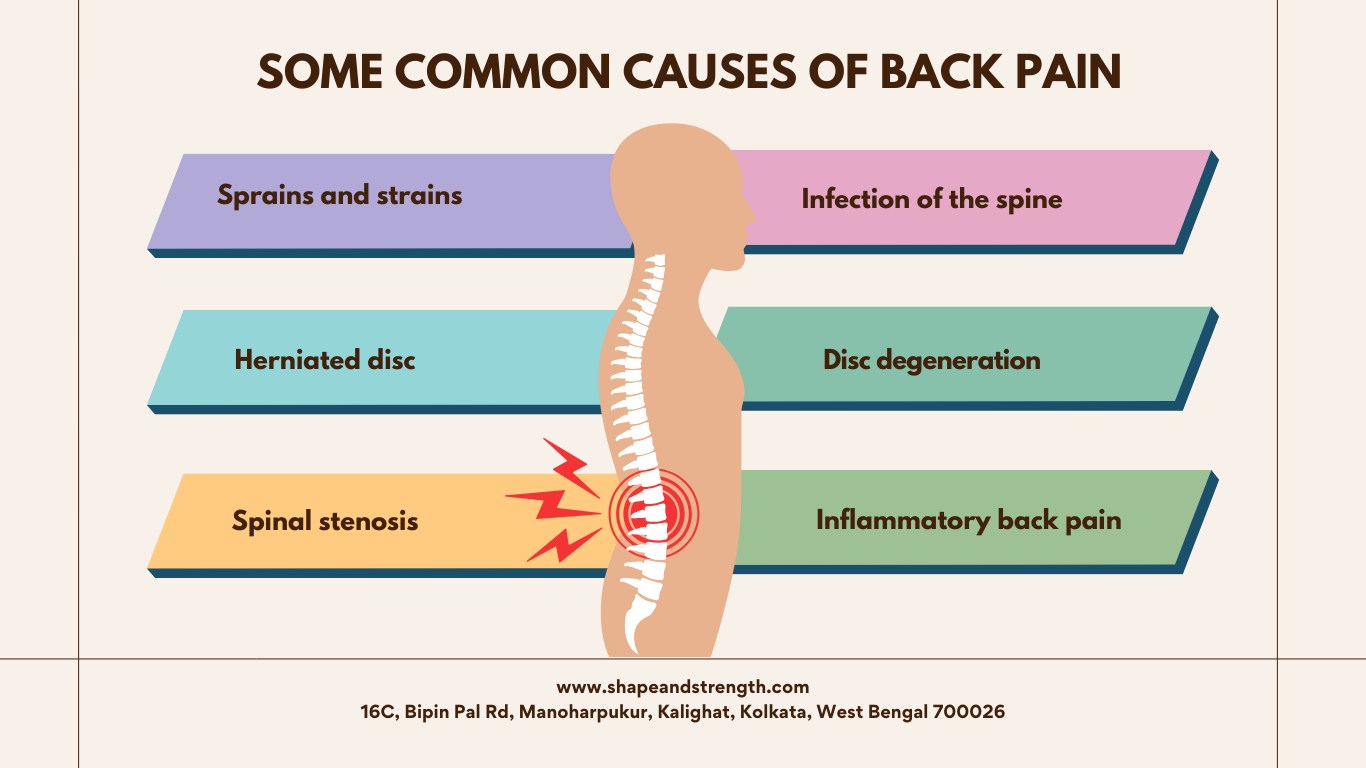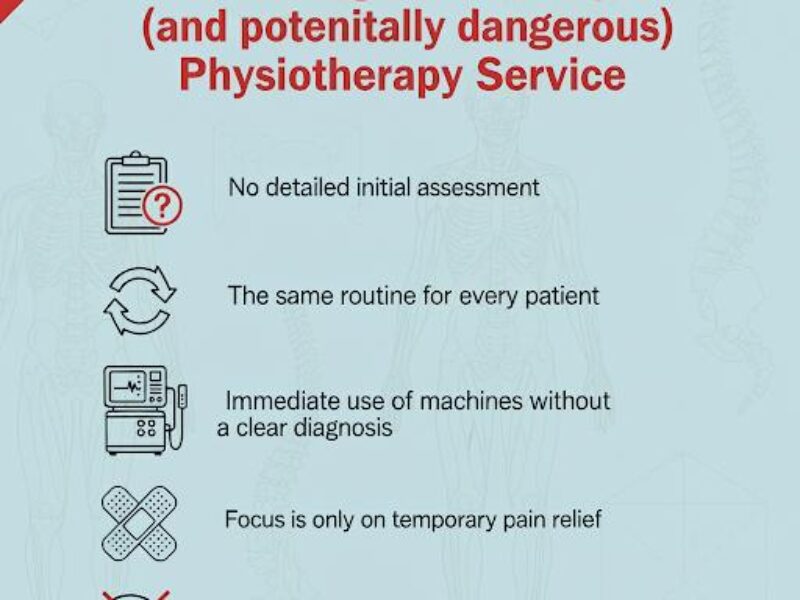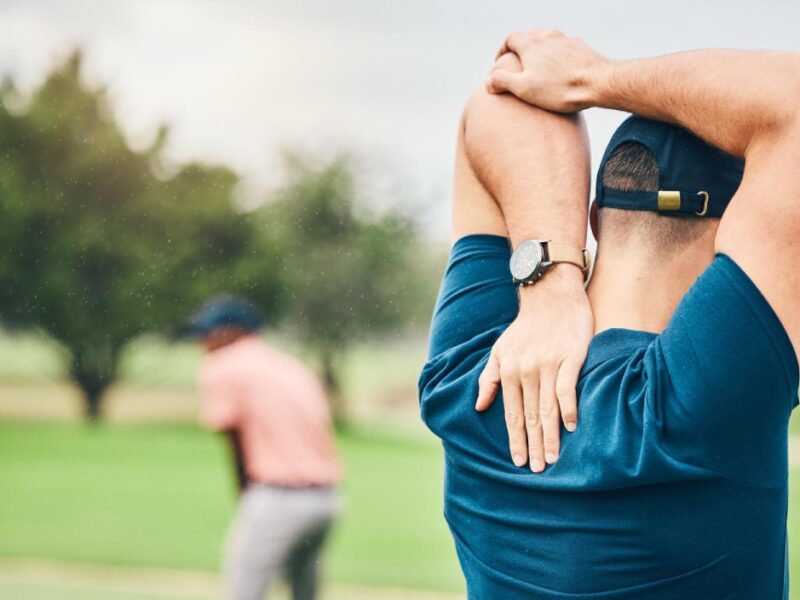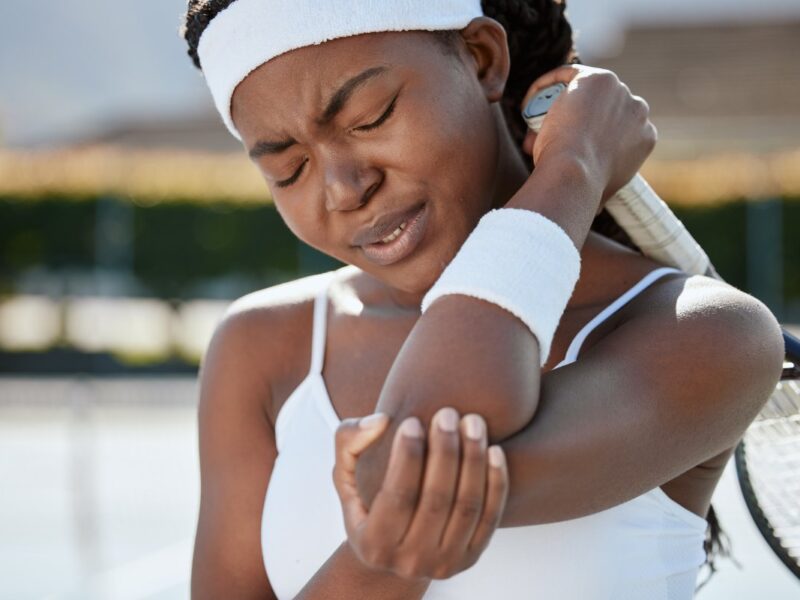Back pain has become one of the most common health complaints among Indian women today.
Whether it’s a young IT professional sitting for long hours, a homemaker managing daily household chores, or a new mother carrying her child—backache seems to spare no one.
While sometimes it’s just fatigue or posture issues, at other times the pain may point to underlying health concerns.
Let’s look at the major causes of back pain in females, especially relevant to Indian women.
1. Everyday Strain and Lifestyle Habits
For many Indian women, back pain is often linked to day-to-day activities:
- Long sitting hours in front of laptops during work-from-home or office jobs
- Cooking or washing clothes in a slightly bent posture
- Lifting heavy grocery bags, buckets of water, or even children
- Travelling on two-wheelers or bumpy roads for long durations
All these can strain the muscles and ligaments of the back, leading to pain and stiffness.
2. Spinal and Joint Problems
Some back pains are related to the spine itself:
- Slipped disc – when the cushion between the bones of the spine moves out of place, pressing on nerves.
- Arthritis of the spine – more common as women age, leading to stiffness and discomfort.
- Sacroiliac joint issues – pain in the joint connecting the spine and pelvis, often noticed after childbirth or due to posture.
3. Hormonal and Gynecological Causes
Women’s bodies go through several hormonal changes, and many of these can cause back pain:
- Periods (Menstrual pain) – many women feel cramps that extend to the lower back.
- Endometriosis – tissue growth outside the uterus can cause severe lower abdominal and back pain.
- Pregnancy – due to weight gain, hormonal changes, and posture shifts, back pain is very common during pregnancy.
- Fibroids in the uterus – large fibroids can press against the lower back.
- Menopause – after menopause, reduced estrogen affects bone and joint health, often leading to backache.
4. Bone Weakness and Vitamin Deficiency
In India, many women suffer from Vitamin D deficiency and low calcium intake, which weakens the bones. Over time, this may lead to osteoporosis, making women prone to spinal fractures or persistent back pain, especially after the age of 40–45.
5. Referred Pain from Other Health Issues
Sometimes back pain is not directly from the spine but from other organs:
- Kidney stones or infections – cause sharp pain in the lower back or sides.
- Urinary tract infections (UTIs) – quite common in Indian women, sometimes leading to back discomfort.
- Ovarian cysts or pelvic infections – may also show up as back pain.
6. Stress and Lack of Exercise
With the fast-paced urban lifestyle, stress levels are high. Many women carry tension in their shoulders and lower back. Added to that, less physical activity, weak core muscles, and long hours on the phone or computer make the pain worse.
When Should You See a Doctor or Physiotherapist?
Back pain that reduces with rest, yoga, stretching, or home remedies is usually not serious. But you should consult a doctor or physiotherapist if you have:
- Pain that continues for more than 2–3 weeks
- Numbness or tingling in legs
- Pain spreading below the knee
- Back pain with fever, weight loss, or loss of appetite
- Severe pain after a fall or accident
If your back pain does not recover with home remedies or basic exercises, it is always better to consult the best physiotherapist for back pain in your area.
A physiotherapist can guide you with proper exercises, posture correction, and lifestyle modifications so that the pain does not keep coming back.
Conclusion
Back pain in females can arise from simple lifestyle issues like posture and stress, or from deeper health conditions like hormonal changes, weak bones, or spine problems.
For Indian women, factors like nutritional deficiencies, long working hours, and household responsibilities make the problem even more common.
The good news is that most types of back pain can be managed with the right care—through exercise, posture correction, balanced nutrition, and medical support when needed.
But if your backache refuses to go away or keeps coming back, don’t ignore it. Seek help from a qualified physiotherapist or doctor to find the root cause and start a proper recovery plan.
Your back supports you every day—take care of it, and it will take care of you.







